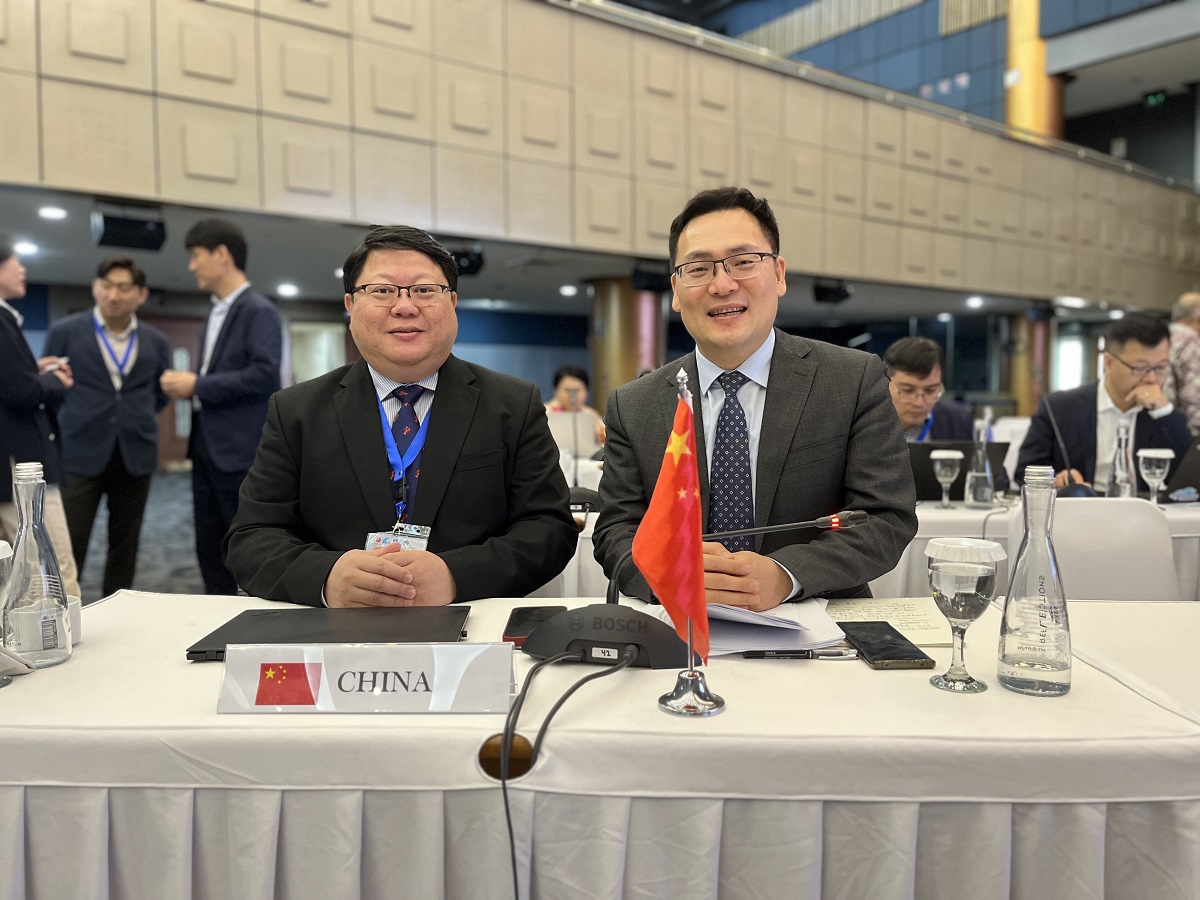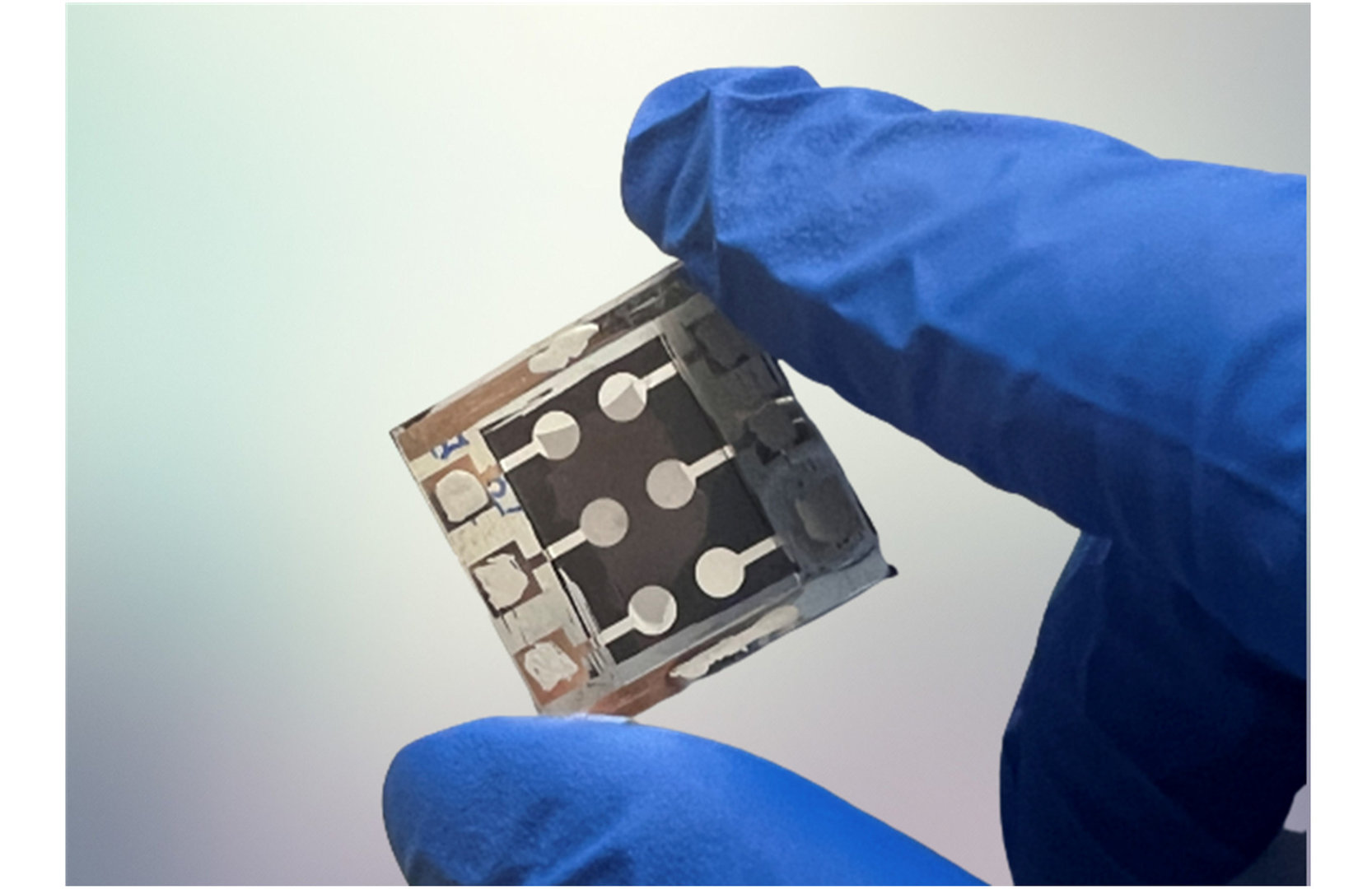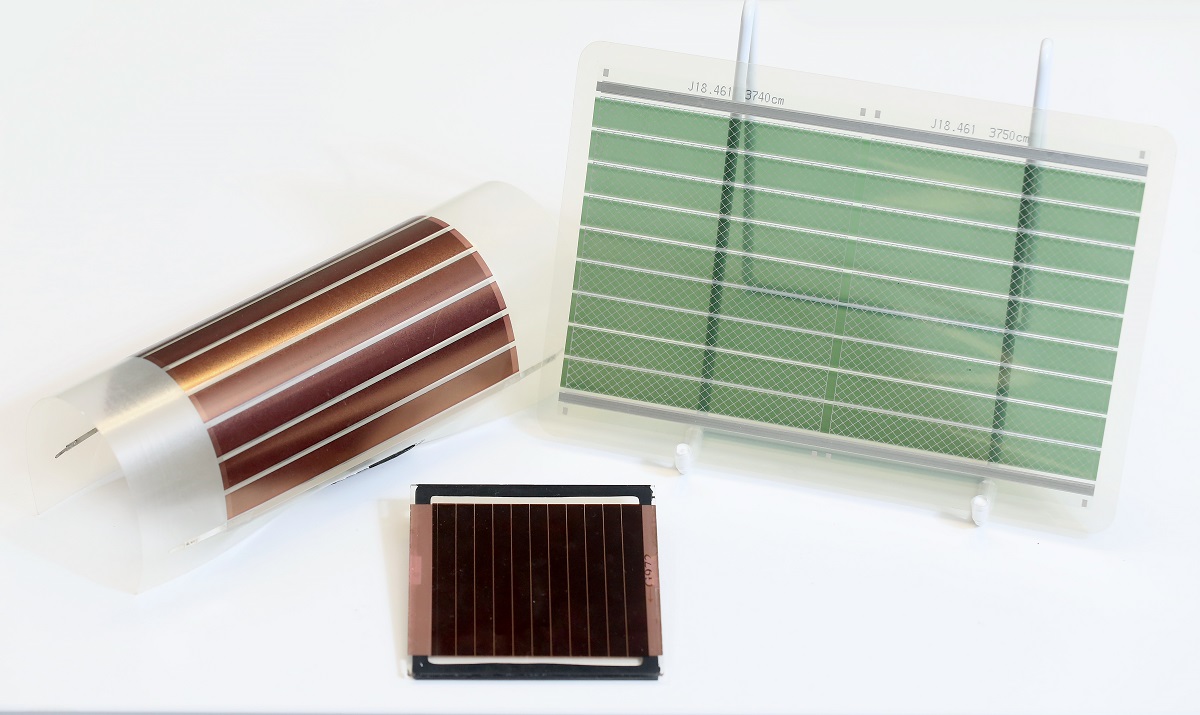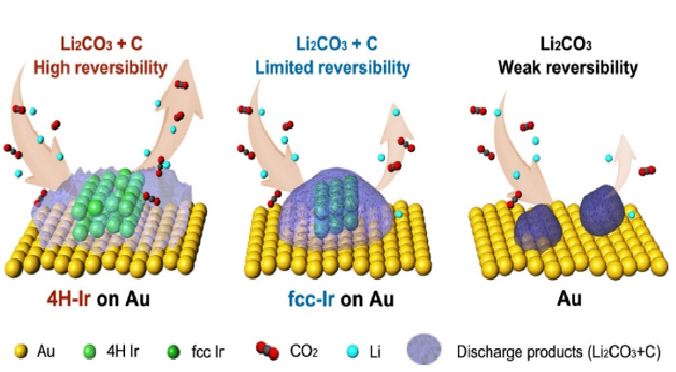Research Stories
Filter by category
Filter by year
Filter by year
- Alloys
- Analytical Chemistry
- Anti-Cancer
- Chemical Biology
- Chemistry
- Clean Energy
- Energy
- Environmental Science or Biology
- Food Safety
- Materials
- Materials Chemistry
- Materials Science
- Mathematics
- Nanomaterials
- Photosynthesis
- Physics
- Rankings
- Renewable Energy
- RNA
- Solar Cell
- Spectroscopy and Imaging
- Sustainability

The State Key Laboratory of Marine Pollution (SKLMP) of City University of Hong Kong (CityU) received approval from the UNESCO Intergovernmental Oceanographic Commission (IOC) Sub-Commission for the Western Pacific (WESTPAC) to establish the first UNESCO regional training and research Centre (the Coastal-COMMIT Centre, also known as the “Centre”) on coastal contaminant monitoring and marine innovative technologies in Hong Kong for the Western Pacific region.

Perovskite solar cells (PSCs) are considered a promising candidate for next-generation photovoltaic technology with high efficiency and low production cost, potentially revolutionizing the renewable energy industry. However, the existing layer-by-layer manufacturing process presents challenges that have hindered the commercialisation of this technology.

A research team co-led by chemists from City University of Hong Kong (CityU) recently discovered novel, highly effective anticancer agents with tridimensional structures, which have high anticancer activity, low toxicity and the ability to overcome drug resistance in cancer cells.

Organic photovoltaics (OPVs) are a promising, economical, next-generation solar cell technology for scalable clean energy and wearable electronics. But the energy conversion loss due to the recombination of photogenerated charge carriers in OPVs has hindered further enhancement of their power conversion efficiency (PCE). Recently, researchers from City University of Hong Kong (CityU) overcame this obstacle by inventing a novel device-engineering strategy to successfully suppress the energy conversion loss, resulting in record-breaking efficiency.

The metal-carbon dioxide battery is a promising and environmentally friendly technology, but its energy efficiency is limited. Recently, a research team co-led by chemists from City University of Hong Kong (CityU) discovered an innovative way to overcome this problem by introducing an unconventional phase nanomaterial as a catalyst, boosting battery energy efficiency up to 83.8%. The study reveals a novel design of catalysts for the new generation of meta-gas batteries that can contribute to carbon neutral goals.

The distinguished research capabilities of young scholars at City University of Hong Kong (CityU) are widely recognized. The National Natural Science Foundation of China recently announced the results of the Excellent Young Scientists Fund (Hong Kong and Macau) for 2022. Four young scholars at CityU were awarded. Each of them will receive a research grant of RMB 2 million to directly conduct innovative research in Hong Kong for a period of three years.